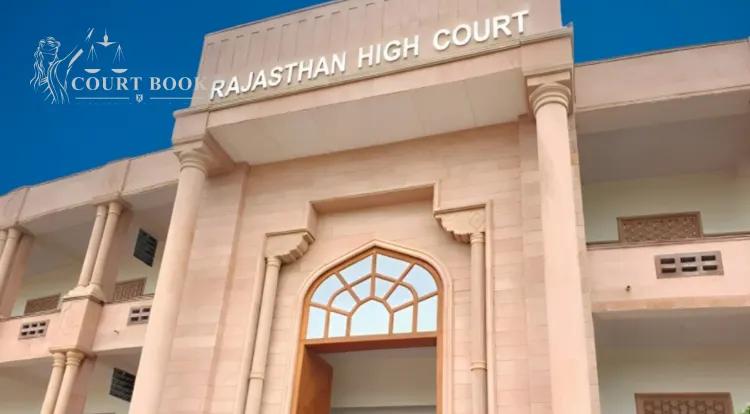In a significant judgment, the Rajasthan High Court has directed the state government to appoint a widow who was denied selection to the Rajasthan Administrative Services (RAS) despite clearing all stages of the recruitment process. The denial was based on a pending criminal case filed by her late husband arising out of matrimonial discord.
Read also: Rajasthan High Court Takes Suo Motu Action on Heatwave Crisis: "Citizens Can’t Be Treated as Cattle"
Justice Arun Monga, while delivering the verdict, termed the action of the government as “arbitrary and unsustainable,” noting that the criminal charges against the petitioner do not involve moral turpitude and stem purely from a domestic dispute.
"Even otherwise, one ought to be mindful that the youth need a reformative approach to the indiscretions committed in heat of the moment, which may or may not be intentional... youthful indiscretions should not permanently tarnish an individual's future," the court observed.
Background of the Case:
The petitioner, Neeraj Kanwar, a widow, was selected for RAS services based on her merit in the 2021 recruitment. She had disclosed all pending cases in her character verification form, including the FIR filed by her estranged husband under Sections 452, 341, 323, and 143 of the IPC. The court noted that these charges were minor and arose out of a personal dispute.
Despite having higher merit than other selected candidates and clearing the medical and interview rounds, she was denied an appointment, allegedly due to her being an undertrial in the said case.
The High Court ruled that:
"The offences in the FIR do not involve moral turpitude... the role attributed to the petitioner is not of such a nature so as to impinge on the duties to be performed by her upon appointment."
The court relied heavily on the Supreme Court’s judgment in Avtar Singh vs Union of India (2016), which lays down that:
"Even if a criminal case is pending, the employer must take a proportionate and objective view rather than blanketly disqualify a candidate."
The Court emphasized that the petitioner truthfully disclosed the FIR, and there was no evidence that her case was assessed individually on merits. It criticized the government’s reliance on an administrative circular that broadly disqualifies candidates with pending cases under certain IPC chapters without proper evaluation.
"Discretion vested in the appointing authority must be exercised fairly and objectively," the bench asserted, adding that merely labeling a case under IPC Chapters XVI or XVII doesn’t automatically mean moral unfitness.
- The court clarified that blanket disqualifications based on pending cases violate principles of justice.
- The appointing authority must assess if the pending case relates to moral turpitude or directly impacts the role’s responsibilities.
- Youthful and minor lapses should not ruin future prospects, especially when no suppression of facts occurred.
The High Court allowed the petition and ordered the state to appoint Neeraj Kanwar as per her merit. Her appointment will be provisional, subject to the final outcome of the criminal trial.
"The denial of appointment to the petitioner solely on the ground of a pending criminal case, which does not involve moral turpitude, is arbitrary and unsustainable."
This judgment reinforces the principle that legal processes should consider reform, fairness, and the context of alleged offenses—especially when related to personal and matrimonial issues.















